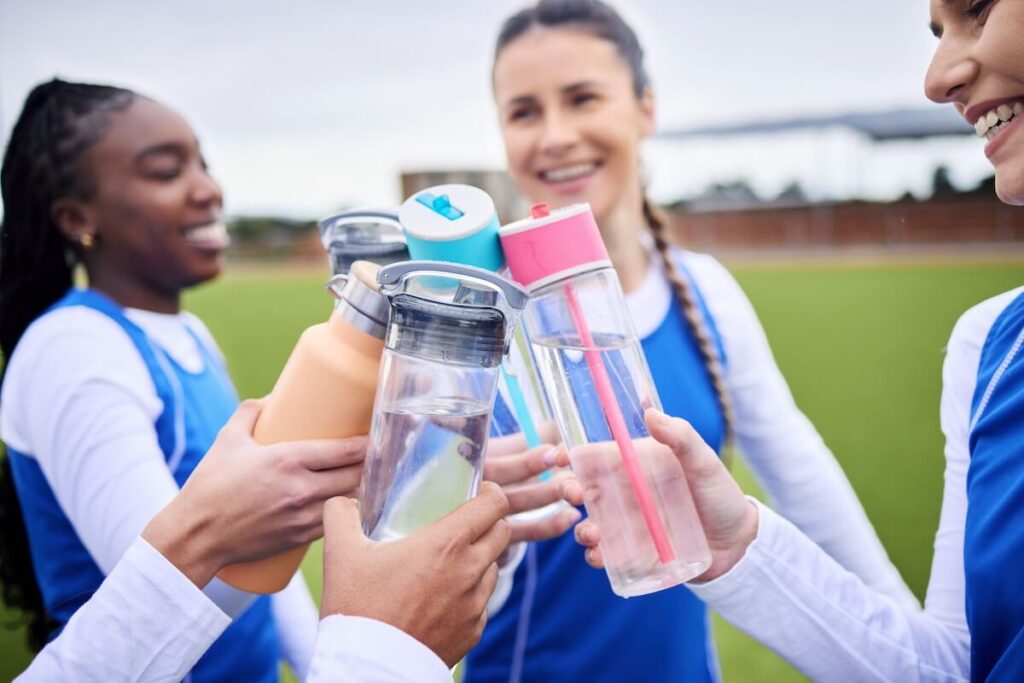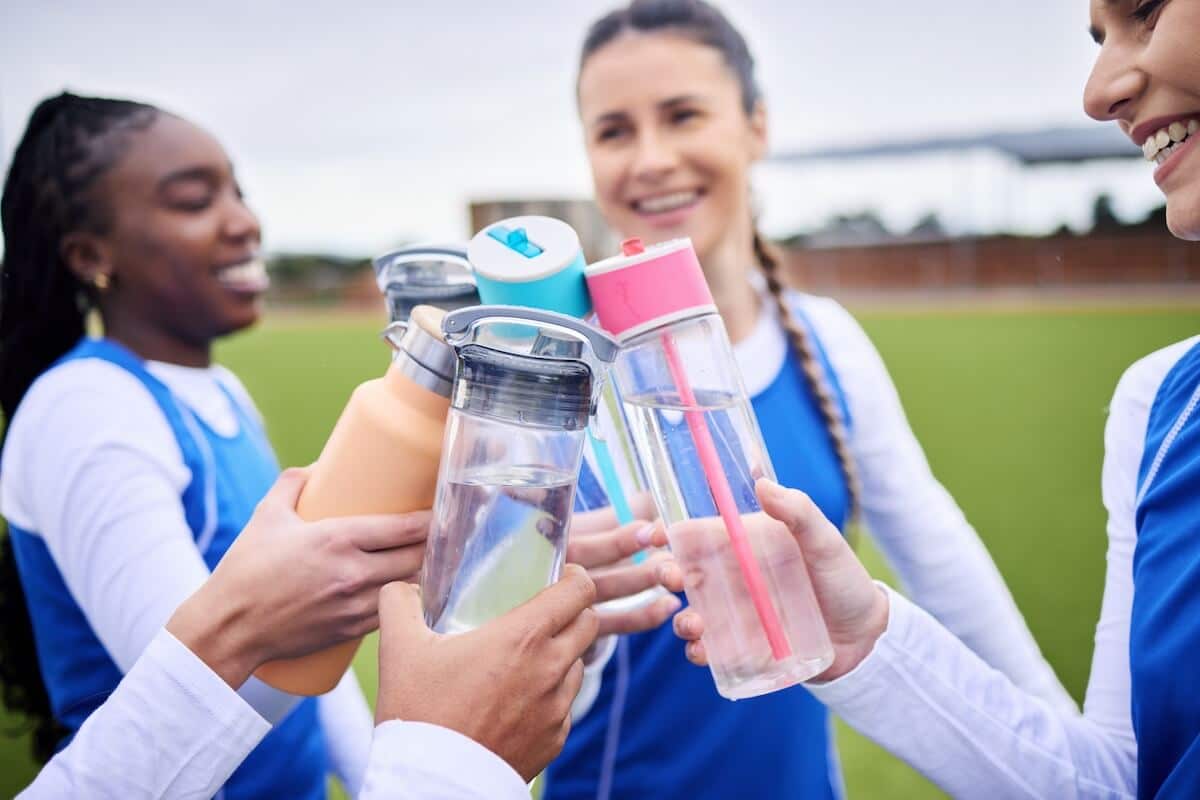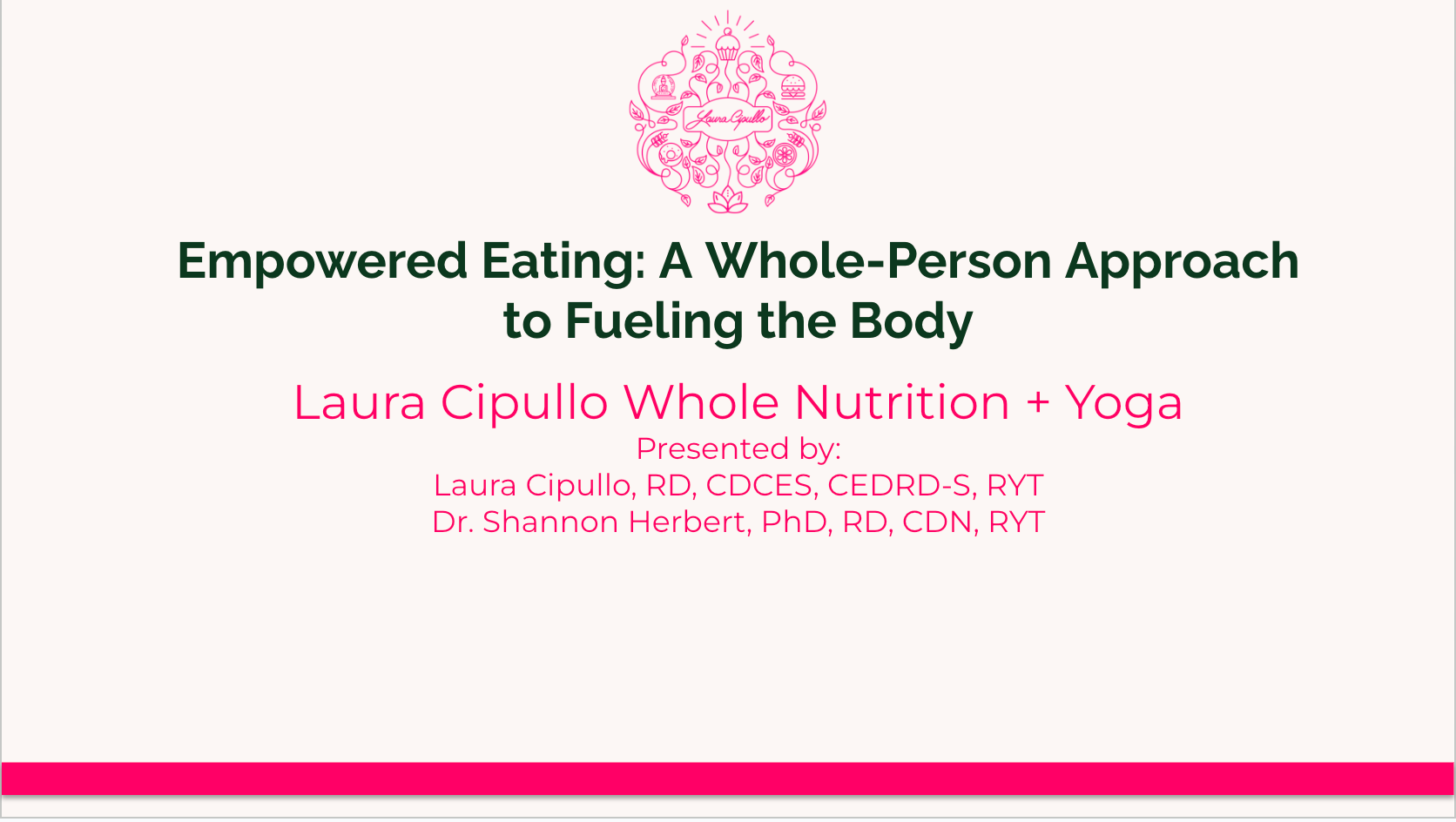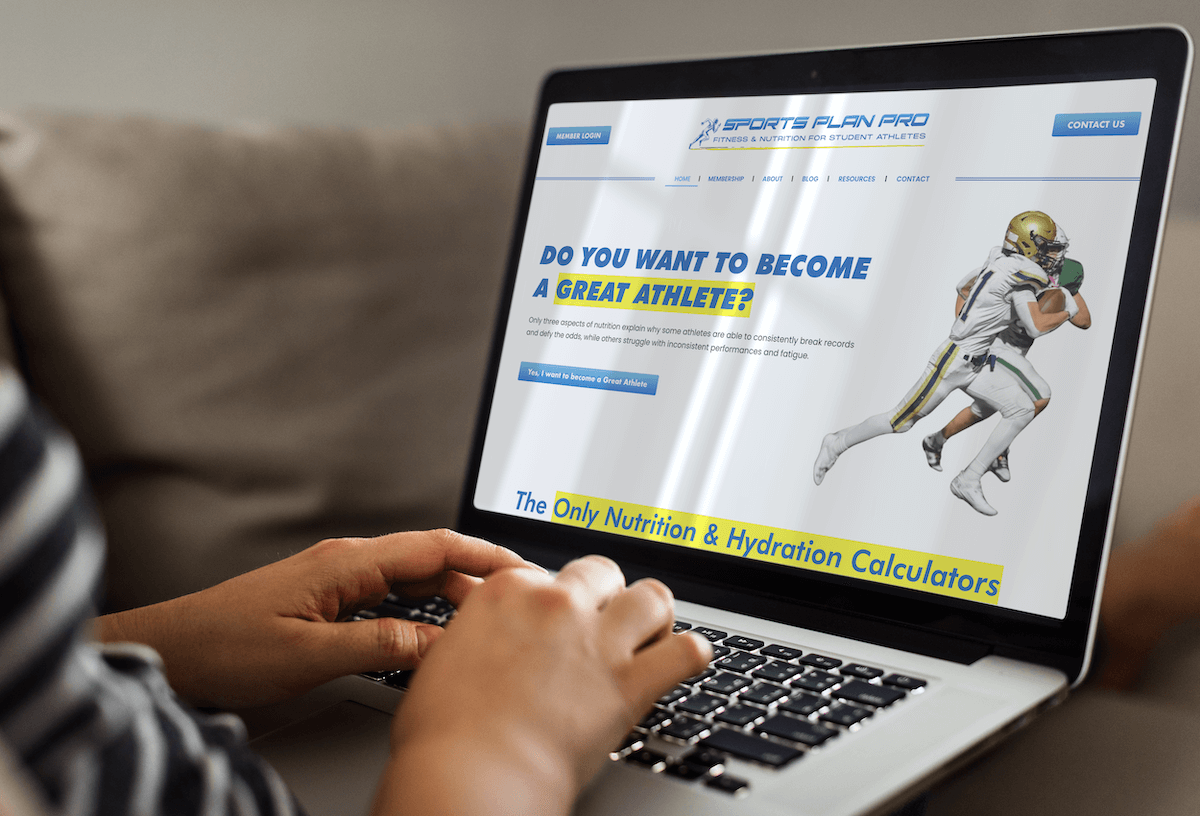We live in an era where information is available instantly from social media, videos, podcasts, apps, and even advice from teammates or coaches. For teen athletes, the sheer volume of content about training, nutrition, and performance can be both exciting and overwhelming. With so much available, it is crucial to be selective about what you trust, especially when it comes to your health and performance. Not all advice is reliable, and some may even cause harm. To help you navigate this, here are five things to look for to become a smarter, more informed athlete:
1. Evidence-Based, Credible Sources
Not all information is equally reliable. When researching training, nutrition, or performance, prioritize sources grounded in rigorous scientific research and professional expertise. This means looking for peer-reviewed journal articles (i.e., Google Scholar, PubMed) and guidelines from trusted health organizations (i.e., Academy of Nutrition and Dietetics, American College of Sports Medicine (ACSM), etc.). [Note: websites ending in “.org” or “.gov” also tend to be more reliable than those ending in “.com” or “.net.”]. These sources provide recommendations based on tested evidence rather than opinions or trends. In contrast, magazines, blogs, and social media posts often share unverified information or personal experiences that may not apply to you. Relying on credible, evidence-based information is essential to protect your health and support your athletic development.
2. Guidance from Qualified Experts, Not Influencers
There’s no shortage of “What I Eat in a Day” videos and fitness advice from influencers on social media. While this content can be entertaining, it often comes from creators without formal training or scientific expertise. For teen athletes, it’s important to seek guidance from qualified professionals (i.e., registered dietitians, certified strength and conditioning specialists, etc.), who base their recommendations on science, evidence-based practice, and clinical knowledge. Relying on credible advice ensures you’re making safe, effective choices that support your health and athletic performance.
| Did you know that anyone can call themselves a nutritionist?
In many states, the title “nutritionist” is not legally regulated or protected. This means that individuals can offer nutrition advice without specific education or credentials. That’s why it’s important to seek guidance from a registered dietitian (RD) or a registered dietitian nutritionist (RDN). These professionals have completed an accredited dietetics program (now with a minimum of a master’s degree), 1000+ hours of supervised clinical rotations, and passed a national certification exam to provide evidence-based nutrition care. Additionally, they are required to complete at least 75 hours of continuing education every 5 years. |
3. Inclusive and Respectful Language That Supports All Athletes
The words used when it comes to nutrition and training shape how you think about your body and your habits. That’s why it’s important to seek sources that use inclusive, weight-neutral language, avoiding labels like “good” or “bad” [foods] and steering clear of judgment based on body size or weight. Reliable guidance is objective, focuses on clear, science-based facts about how nutrients fuel your body, and supports athletic performance. When advice highlights balance and nourishment rather than appearance or restriction, it helps reduce feelings of guilt or shame around eating.
Be wary of any recommendations that encourage eliminating entire food groups, as this can lead to nutrient deficiencies and suboptimal performance. Relatedly, if a site is pushing a specific product or supplement, keep in mind they might be more focused on selling than on giving evidence-based advice.
4. Rest and Healing are Encouraged as Much as Playing Hard and Building Strength
The phrase “no days off” might sound motivating, but reliable sources emphasize that rest and healing are just as important as playing hard and building strength. Especially for teen athletes, whose bodies are still developing, recovery is a vital part of training that helps prevent injury, avoid burnout, and promote long-term progress.
When reviewing advice, look for recommendations that highlight quality sleep, balanced nutrition, and planned rest days to support muscle repair and restore energy. Effective guidance also encourages active recovery methods like gentle stretching or light movement, rather than nonstop intense workouts.
5. Built for Teens, Backed by Experts
Choose resources that are created specifically for adolescent athletes—ones that not only focus on teen nutrition and training but also reflect the real-life experiences and pressures that come with being a young athlete today. The most valuable platforms take into account the physical, emotional, and social challenges teens face, from performance demands to body image and social media influence.
Look for content that includes the voices of actual teen athletes, such as high school and college students, who have lived the experience and understand what it’s like to train, compete, and balance it all. When that insight is guided by certified professionals in nutrition, strength training, and adolescent health, the advice becomes both relatable and credible.








